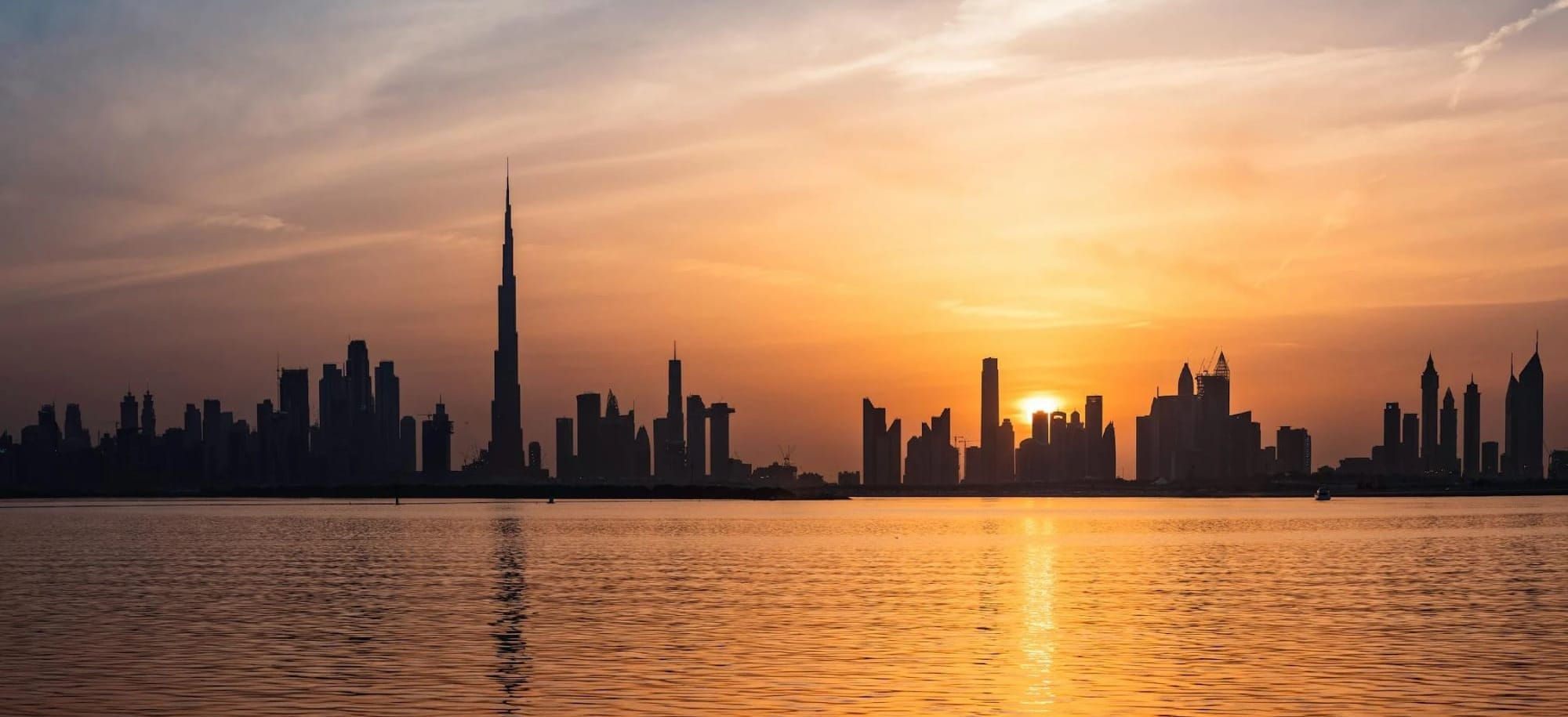The Middle East is obsessed with hosting it all
The region is pushing to become the Mecca of games

The Middle East, especially Saudi Arabia and the UAE, seems to be relentlessly pursuing the opportunity to host it all—and perhaps that's a good thing.
From Saudi Arabia’s hosting of the first-ever Esports World Cup in Riyadh to its bid for the 2034 FIFA World Cup and the Olympic Esports Games in 2027, the region has become a central player in the future of video games.
Elsewhere, the UAE continues to make strides with initiatives like the Games of the Future 2025 in Dubai and its groundbreaking Gaming Visa program, aimed at attracting global talent.
While these bold moves are undeniably impressive, they prompt an important question: Should the Middle East host it all? Should the region be the one to shape the future of games, or is there a risk that concentrating so much influence in one area could undermine the broader games ecosystem?
Let's take a look at the positives (for now)
Saudi Arabia and the UAE’s ambitions have been heavily influenced by their Vision 2030 strategies, which focus on transforming their economies away from oil dependency toward technology, entertainment, and innovation.

For both countries, games and esports are not just a passing interest; they are viewed as vital pillars in their economic and cultural future.
In the UAE for instance, Dubai is pushing to become the Mecca of games through its Program for Gaming 2033. The initiative aims to create 30,000 jobs, boost GDP by $1 billion, and elevate the country to a leading position in games revenue.
The MENA region is bullish on esports
The KSA and UAE invest heavily in building the infrastructure necessary to become global entertainment hubs. Hosting the upcoming Esports World Cup with a $70 million prize pool is just one example of the region’s deep pockets and desire to raise the profile of esports globally.

Events like this not only create opportunities for esports players but also attract global games companies, developers, and publishers to the region, stimulating economic growth. This visibility is crucial for the growth of esports, which has often struggled to gain mainstream recognition in comparison to traditional sports.
Worldwide talent attraction
By offering a pathway for international game developers, designers, and esports professionals to relocate and work in the UAE, the country's Gaming Visa initiative opens up opportunities for collaboration, growth, and innovation.
This influx of talent could drive forward the development of cutting-edge game technologies and creative designs. The KSA's Esports World Cup also brings professionals worldwide to compete for hefty prize pools, making Riyadh a central hub for competitive gaming.
Ultimately…
As the Middle East continues to rise as a global games hub, we must keep an eye on the bigger picture: one where the entire world can participate, create, and enjoy the diverse and vibrant medium of video games.





